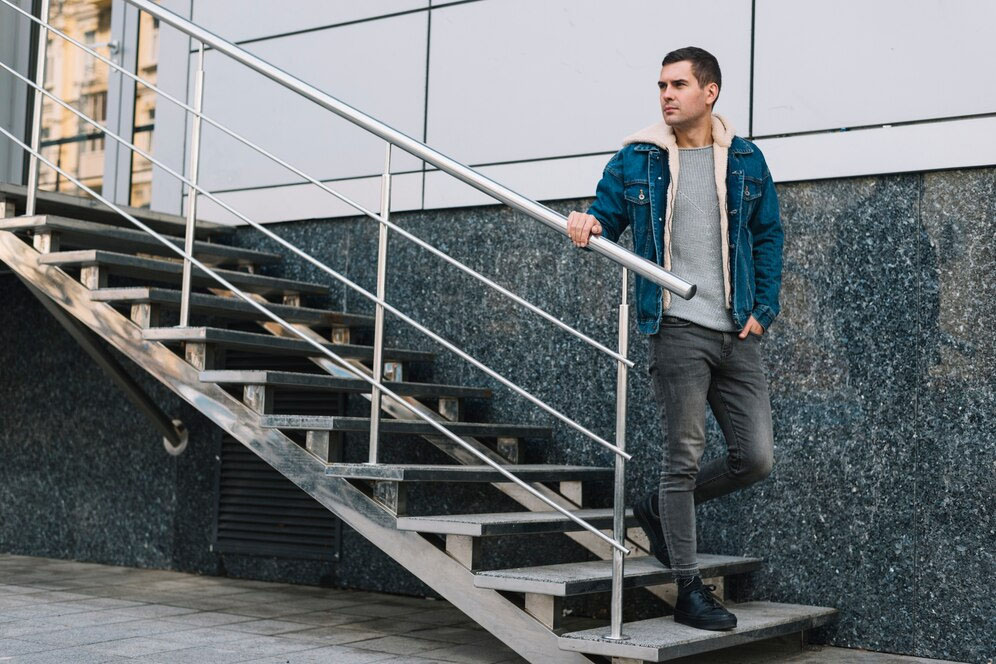Dhikr for Climbing Stairs
Confusion Between Sunnah Travel, Dhikr, and Daily Habits
There is no prescribed dhikr for climbing stairs. The phrases “Allahu Akbar” (Allah is the Greatest) when ascending and “SubhanAllah” (Glory be to Allah) when descending were taught by the Prophet ﷺ specifically for travel through hills and valleys, not everyday stair use.
| Dhikr for Climbing Stairs — Critical Overview | |
|---|---|
| Practice | Saying “Allahu Akbar” when going upstairs and “SubhanAllah” when going downstairs. |
| Islamic ruling | Not Sunnah. The Prophet ﷺ prescribed these adhkar for travel terrain, not stairs. Applying them to stairs is an innovation (bidʿah). |
| When it started | Likely introduced later by analogy, not from the Prophet ﷺ or the Companions. |
| Where it spread | Popular in South Asia and some Middle Eastern regions, where cultural habits merged with Sunnah adhkar. |
| Practices associated with it |
|
| Similarities in other religions |
These show how people often ritualize ordinary movements, but Islam restricts dhikr to what the Prophet ﷺ prescribed. |
Prophetic Guidance
The Prophet ﷺ taught:
“When we ascended, we would say: Allahu Akbar. And when we descended, we would say: SubhanAllah.”Sahih al-Bukhari 2993; Sahih Muslim 4895
This was in the context of travel across landscapes, not household stairs.
Scholarly Consensus
– Scholars agree there is no Sunnah dhikr for stairs.
– The travel adhkar are limited to journeys with ascents and descents.
– Introducing adhkar into daily routines without proof is discouraged.
The Wisdom Behind the Ruling
- Precision: Limits worship to what the Prophet ﷺ taught.
- Clarity: Prevents confusion between cultural habits and Sunnah.
- Authenticity: Keeps religion protected from invented rituals.
Common Misconceptions
1) “It’s good dhikr, so why not on stairs?”
Good intentions don’t justify inventing rituals.
2) “But the words are from Sunnah.”
Yes, but Sunnah restricted them from traveling. Applying them elsewhere alters their context.
3) “Teaching kids this helps them remember Allah.”
There are authentic adhkar for daily life (meals, entering/exiting house, etc.) that should be taught instead.
Contemporary Reflections
Every day life already has authentic adhkar prescribed by the Prophet ﷺ. Sticking to those nurtures remembrance of Allah without mixing cultural add-ons that blur the line between Sunnah and innovation.
Conclusion
There is no Sunnah dhikr for stairs. The prescribed words “Allahu Akbar” when ascending and “SubhanAllah” when descending apply to travel terrain, not household steps. Adding them as a ritual to the stairs is bidʿah. The best practice is to follow authentic daily adhkar taught in the Sunnah.
References
Primary Sources
Qur’an
- Al-Ma’idah 5:3: Islam is perfected; no additions needed.
Hadith
- Sahih al-Bukhari 2993: Saying Allahu Akbar ascending during travel.
- Sahih Muslim 4895: Saying SubhanAllah descending during travel.
- Sahih al-Bukhari 2697; Sahih Muslim 1718: Innovation is rejected.
Secondary Sources
- Ibn Taymiyyah, Majmoo’ al-Fataawa – Restricting adhkar to their authentic contexts.
- Al-Shatibi, al-I‘tisam – Definition of bidʿah and warnings against extending rituals.
- Ibn Rajab, Jami’ al-‘Uloom wal-Hikam – Commentary on limiting acts of worship to prophetic guidance.

